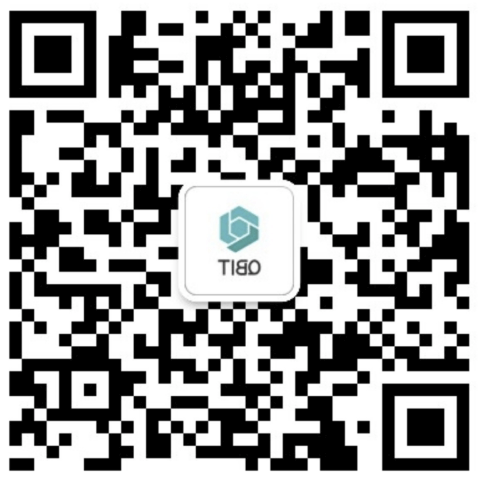As cross-border commerce expands, fund settlement remains one of the most operationally challenging aspects for international merchants. According to J.P. MORGAN REPORTS, international transfers are expected to increase five percent per year until 2027. In part, this is being driven by previously unbanked populations that are now getting access to modern financial tools for the first time.
Merchants operating across markets often face a patchwork of banking systems, regulatory regimes, and currency conversion hurdles. Whether it’s managing inflows from global marketplaces or executing supplier payouts across continents, the process of moving money internationally is rarely seamless. The growing volume of cross-border transactions only amplifies these inefficiencies, turning what should be a routine financial function into a strategic bottleneck.
The Hidden Complexities of Global Fund Settlements
Global fund settlement sounds simple in theory: receive payments from customers, convert currencies if needed, and pay suppliers or partners. However, the cross-border payments market has always been fraught with pain points and inefficiencies from both a cost and time perspective, resulting in expensive transaction fees and complicated, lengthy payment processing methods.
Fragmented Bank Accounts and Infrastructure
Most traditional banks require merchants to open separate accounts in each country or region where they operate. This not only creates administrative overhead but also complicates cash visibility and liquidity management. Reconciling multiple accounts across different platforms often introduces delays and errors.
High FX and Transfer Fees
Conventional banks and payment providers frequently embed significant margins into foreign exchange rates, in addition to charging wire fees. For merchants operating on tight margins, these hidden costs add up quickly, reducing profit and eroding competitiveness in price-sensitive markets.
Settlement Delays
Standard international wire transfers can take several days to clear, especially when routed through intermediary banks. This introduces liquidity risk and slows down the ability to reinvest capital or make time-sensitive payments, which can be critical in high-volume industries like eCommerce or travel.
Regulatory and KYC/AML Burdens
Complying with varied Know Your Customer (KYC), Anti-Money Laundering (AML), and tax reporting rules across jurisdictions is resource-intensive. Without streamlined onboarding and digital verification processes, businesses face delays and compliance gaps that increase risk.
Limited Pay-In and Pay-Out Flexibility
Traditional banking rails often fail to support the full range of payment preferences that global customers and suppliers demand. Whether it’s local payment methods, multiple currencies, or real-time settlement options, legacy systems tend to fall short.
A Modern Solution: Qbit Global Account
Qbit’s Global Account is purpose-built to remove these frictions for modern cross-border merchants. Designed for businesses with international footprints, it offers a streamlined, cost-effective alternative to traditional banking setups.
Key Features of Qbit Global Account
✔️ Online Opening, No Setup Fees
Merchants can open their Global Account fully online without the need to visit a branch or navigate complex paperwork. Qbit eliminates onboarding fees, accelerating time to activation while reducing cost barriers for small and medium-sized enterprises (SMEs).
✔️ Multi-Currency Accounts Under Your Business Name
Hold and manage multiple currencies (e.g., USD, EUR, GBP, HKD) in locally issued accounts, registered under your business entity. This improves trust with global partners and simplifies reconciliation. There is no need to convert currencies on every transaction.
✔️ Global Pay-In and Pay-Out
Receive payments from global platforms, customers, and marketplaces with local routing details. Then pay international suppliers, partners, or employees across over 180 countries, all from a single interface. Moreover, with an embedded API solution, Qbit also enables merchants to automate payout workflows.
✔️ Transparent and Low-Cost FX Settlement
Qbit offers highly competitive FX rates with full visibility — no hidden margins or surprise deductions. Businesses can convert currencies instantly within their account at near mid-market rates, lowering settlement costs and preserving margins.
✔️ Unified Dashboard and Real-Time Visibility
Track balances, conversions, and transactions in real time. With a single dashboard, merchants gain complete visibility into their international cash flow, improving decision-making and capital efficiency.
Conclusion: Powering the Next Stage of Cross-Border Growth
Global fund settlement doesn’t need to be complicated or expensive. With Qbit’s Global Account, merchants can transcend banking borders, manage multi-currency operations seamlessly, and focus on what truly matters: growth.
Whether you’re scaling an online marketplace, expanding eCommerce reach, or managing global vendor payouts, Qbit offers the infrastructure you need, without the red tape.
Learn more about Qbit Global Account by visiting www.qbitnetwork.com/global-account


